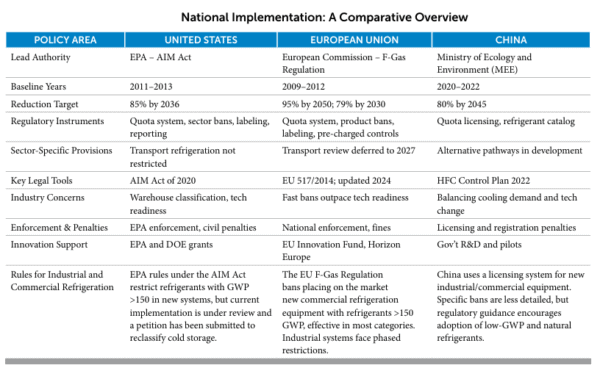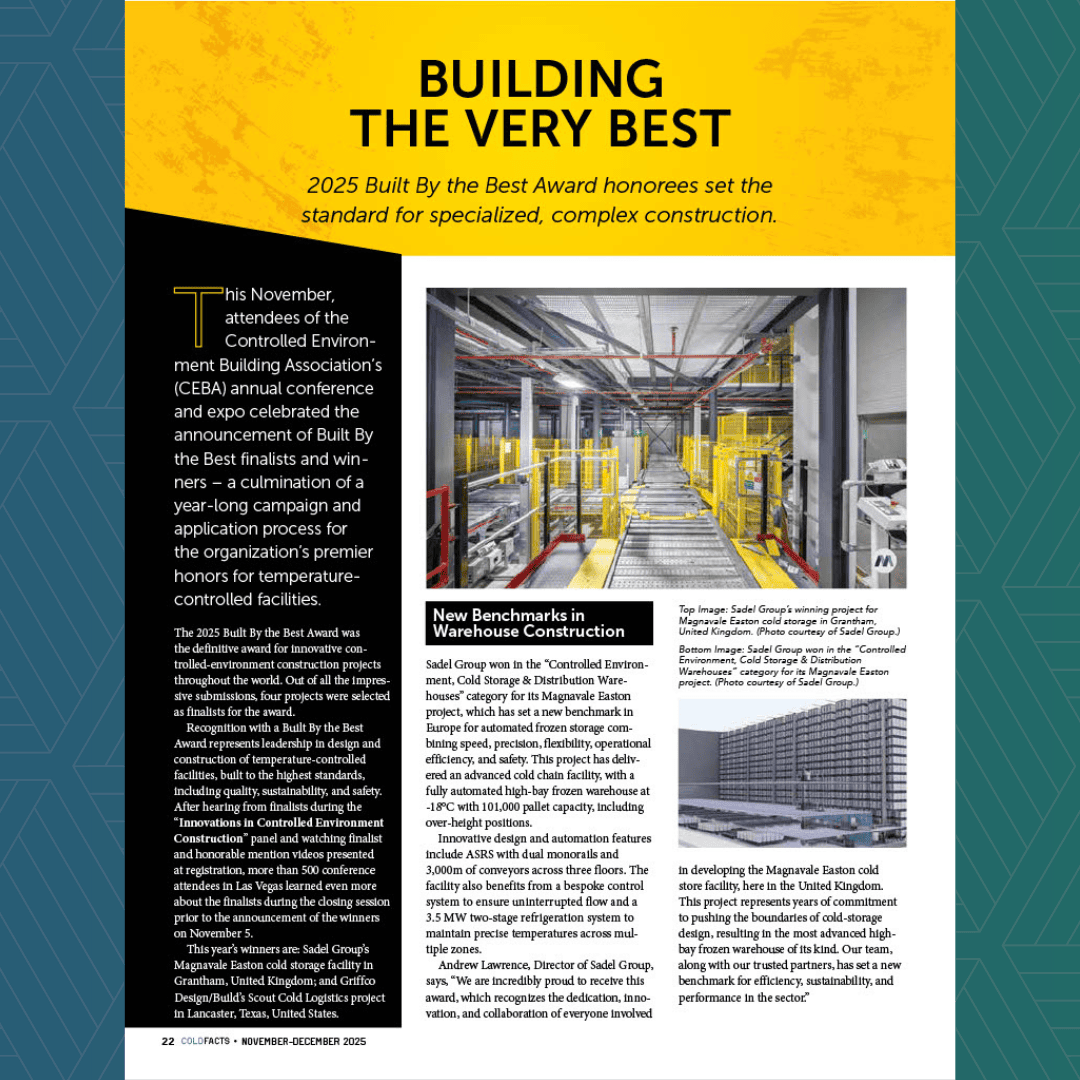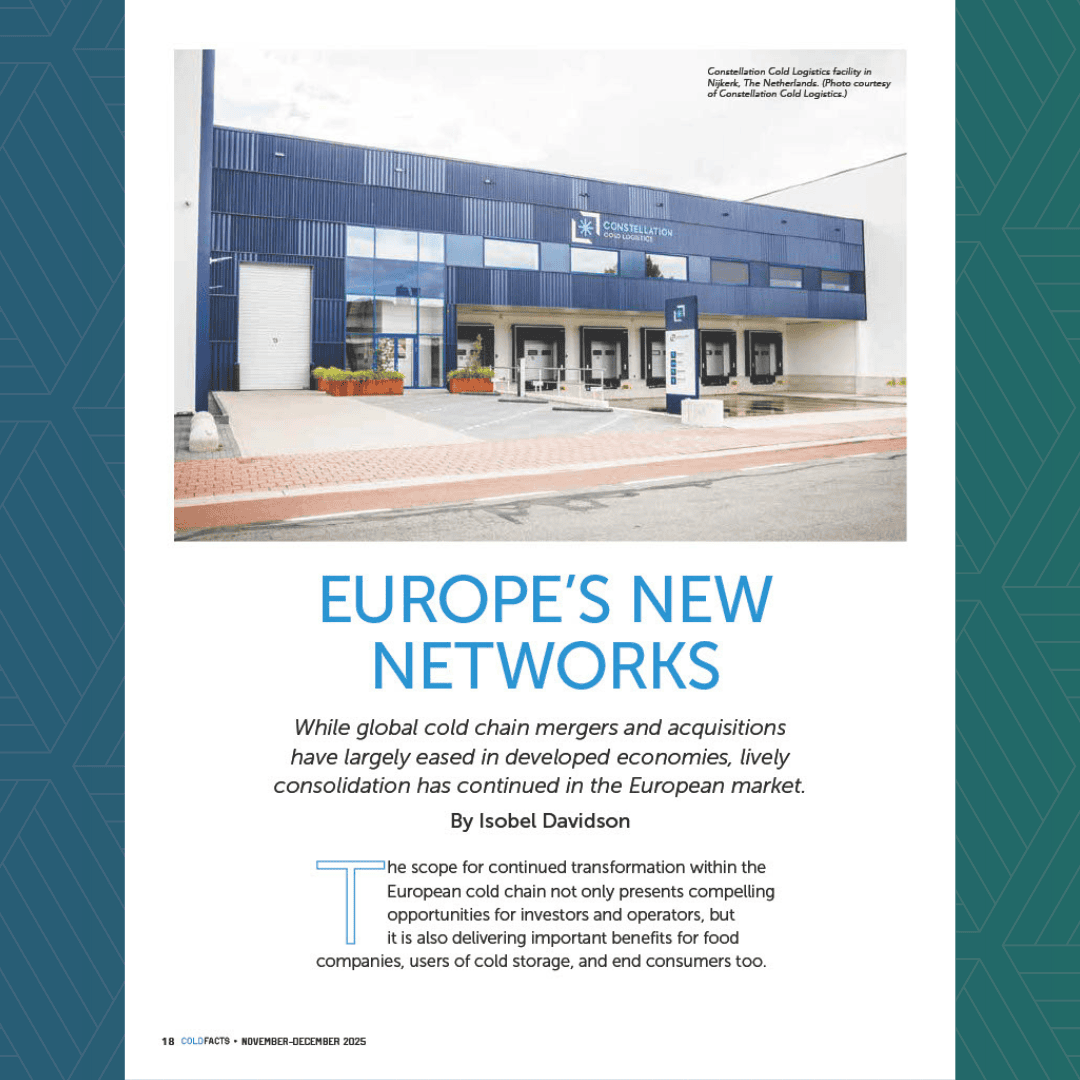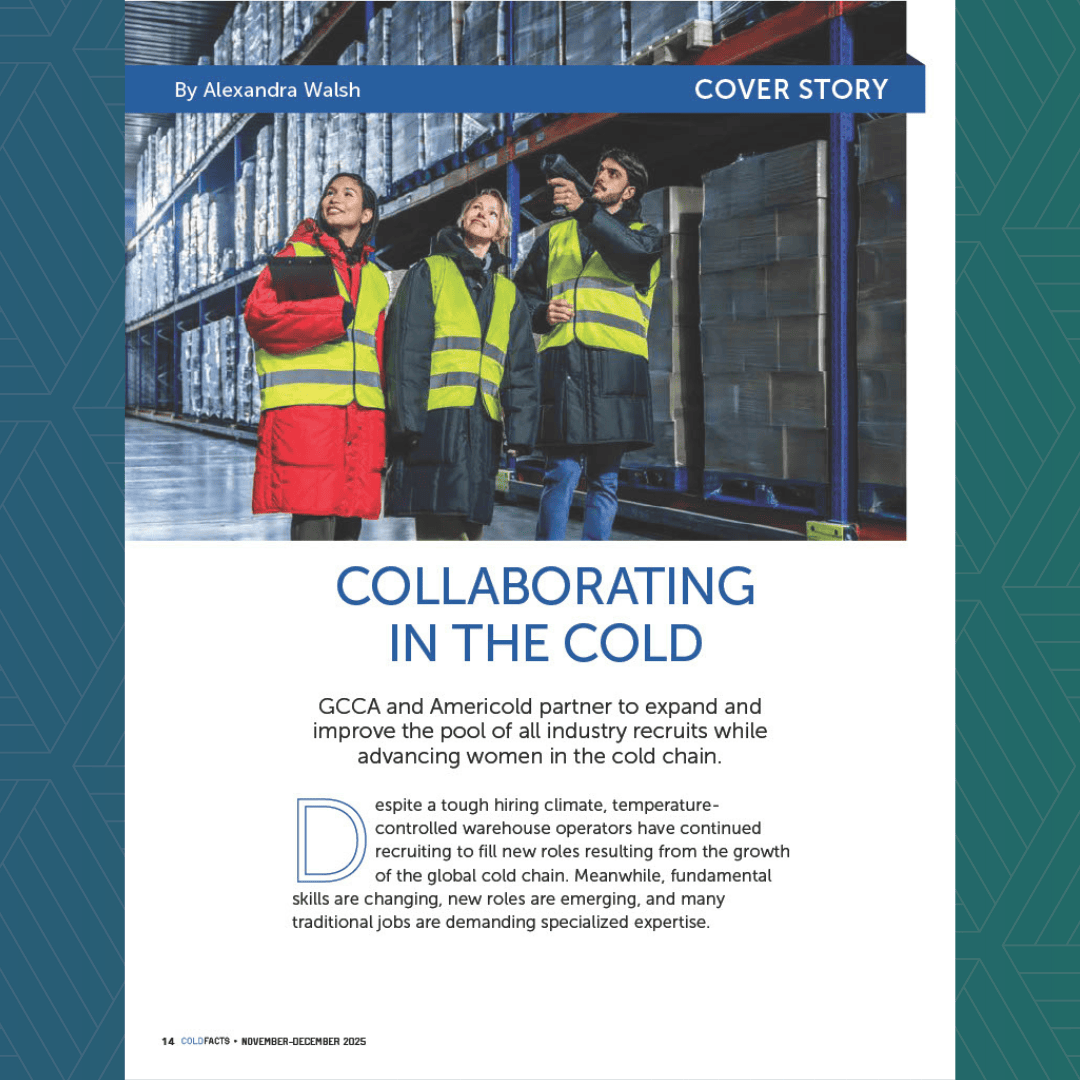Global Action Intensifies on HFC Phase-Down
Government representatives from around the world gathered in Bangkok, Thailand, for the annual Meeting of the Parties to the Montreal Protocol in July 2025. The focus: assessing global progress in phasing down hydrofluorocarbons (HFCs) and planning next steps. The GCCA participated, hosting an education session and engaging with officials about the implications of policy decisions on the cold chain.
Nearly 40 years have passed since the 1987 Montreal Protocol was adopted to eliminate chlorofluorocarbons (CFCs), which were causing significant depletion of the ozone layer. That agreement was a landmark success in coordinated global environmental action. CFCs have now been mostly eliminated and replaced by HFCs or natural refrigerants such as carbon dioxide, ammonia, and propane.
However, HFCs – while ozone-friendly – have high global warming potential (GWP). GWP compares the climate impact of a gas to carbon dioxide (CO₂), which has a GWP of 1. Some older HFCs had GWPs exceeding 4,000, while newer versions in widespread use – such as in refrigerated transportation – still often have GWPs around 2,000.
The industry continues to innovate, with lower-GWP HFCs and natural refrigerants gaining traction.
To address the climate risks associated with HFCs, the Kigali Amendment to the Montreal Protocol was adopted in 2016, setting a binding timetable for phase-downs. This amendment is now the centerpiece of international collaboration on refrigerants.
Global Obligations and National Regulations
Global negotiations can feel far removed from day-to-day cold chain operations, but these meetings shape the legal and commercial frameworks companies must navigate. They also offer valuable opportunities to engage directly with regulators, clarify practical impacts, and advocate for balanced approaches that maintain safety, performance, and environmental integrity.
Implementation approaches vary widely. Most countries pursue two core strategies:
• Quota systems: Restricting the availability of high-GWP refrigerants to encourage adoption of low-GWP alternatives.
• Product bans: Prohibiting the sale of equipment that uses high-GWP refrigerants. These pose the greatest challenges to cold chain operations.
While the frameworks are similar, they vary significantly in the details, and as parties met in Bangkok, much of the focus was on sharing ideas and experience.


Making the Case for Proportionate Implementation
Effective climate action must align with technical realities. In refrigerated transportation, finding alternatives to high-GWP HFCs remains difficult. Systems for mid- and large-capacity vehicles must meet stringent safety, size, and performance standards. While low-GWP technologies exist in prototype form, they are not yet commercially viable at scale.
Recognizing this, the U.S. Environmental Protection Agency (EPA) has not restricted higher-GWP refrigerants in truck refrigeration. Similarly, the European Union deferred a potential ban in transport refrigeration until 2027 to allow more time for innovation. GCCA’s education session in Bangkok focused on anticipating this 2027 deadline, educating country representatives about the realistic implications of an unrealistic timeline for banning vital technologies.
China has so far focused on foundational market mechanisms, prioritizing emissions tracking and data accuracy over product-specific restrictions.
Cold storage facilities face similar pressures. A recent industry petition in the United States challenged the EPA’s classification of warehouse systems under the same rule as commercial and retail refrigeration. GCCA supported the petition, specifically calling for cold storage operations to be categorized as an industrial use alongside food processing facilities and not alongside commercial/ retail refrigeration. This is necessary to avoid unintended supply chain consequences.
Balancing Progress and Practicality
Global climate regulations are intensifying, and implementation is accelerating. For cold chain operators, the challenge is to meet these evolving expectations while safeguarding food safety, product integrity, and operational reliability.
Policy frameworks must allow time for technological maturation and provide investment certainty. The pace of phase-down should follow the innovation curve, especially in safety-sensitive and high-performance sectors like refrigerated transportation and industrial warehousing.
GCCA continues to advocate for practical, science-based, and industry-informed implementation of refrigerant regulations. Engagement with global regulators is essential to ensure that compliance pathways are realistic, proportionate, and aligned with industry capability.
Media Contact
For media inquiries, please contact: Lindsay Shelton-Gross, Senior Vice President, Global Communications, Marketing and Strategic Initiatives, Global Cold Chain Alliance.




